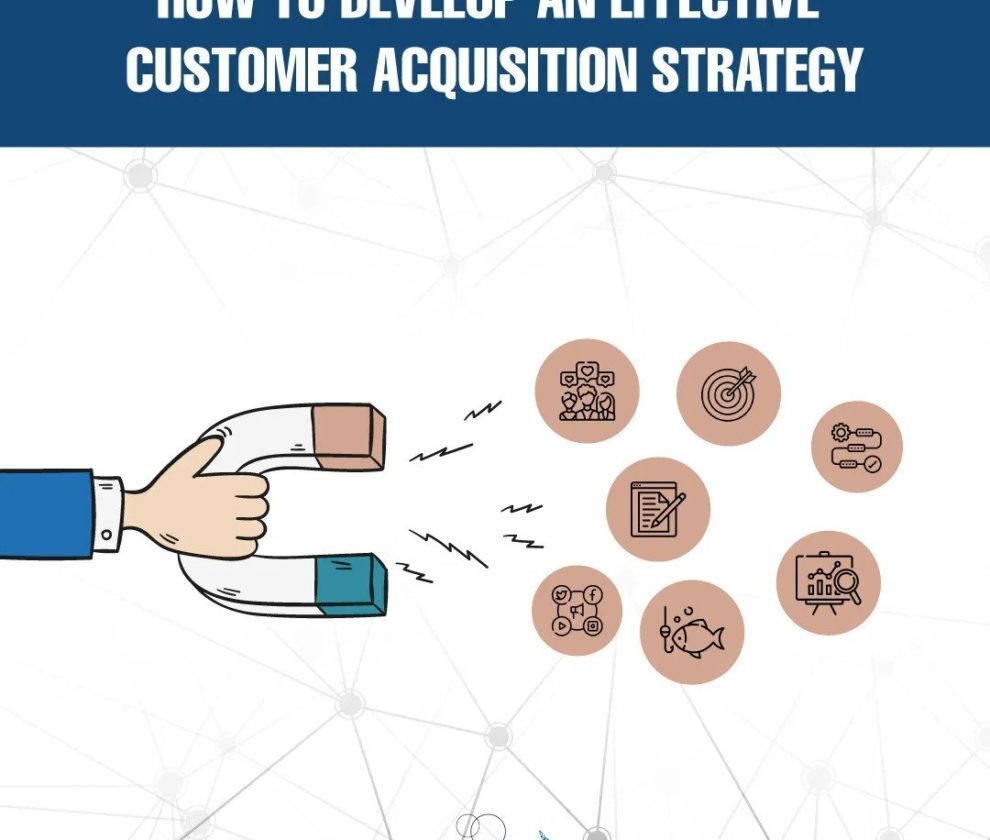Whatever your sector of activity , the size of your company, the products or services you offer: relationship marketing remains a profitable investment for everyone in the long run.
Developing personal relationships with your customers will allow you to be more effective in your conquest, in your retention strategy, and to better follow up on your leads.
In this article, we will talk about several aspects around relationship marketing by developing the following points:
- Definition of relationship marketing
- What are the advantages of relational marketing?
- What are the Types of Relationship Marketing?
- What relationship marketing strategies should be put in place to ensure good customer feedback?

I – Definition of relationship marketing:
Relationship marketing aims to develop a quality and lasting relationship between your structure, your products, your brand and your customers and prospects. The goal is to retain them over the long term. This approach, which puts people first, is an effective vector for creating effective word-of-mouth around your brand. This comes in opposition to transactional marketing which is focused exclusively on the product and the act of purchase.
Relationship marketing is a technique that consists of creating a good relationship with your potential customers before soliciting them. You have to take the time to introduce yourself, to make yourself known, to answer their questions instead of centralizing your efforts and your communication solely on the sale of your products.
The famous principle of “Known, Like, Trust” is the basis of relationship marketing because it allows us to understand the evolution of a relationship between a customer and a brand.
Before taking action, a client will go through these 3 steps:
- To know you,
- Loving you (desiring your products,
- Trusting yourself.
This progress is made over time and therefore requires building an advantageous relationship with your customers.
II – What are the advantages of relational marketing?
Some of the benefits of relationship marketing include:
- Standing out from your competitors: stand out and be elected by your customers as the best.
- Finding new customers: ensure good targeting and good prospecting.
- Maintaining quality commercial relations: your sales force must demonstrate honesty by respecting its commitments, but also be available and attentive.
- Improving your customer knowledge: This is all the data and information allowing companies to better know and understand their customers, their requirements, objectives, desires, behaviors. But also the emotional reasons that push them to buy.
- Increasing the personalization of the customer journey: The customer journey is an essential tool to better understand the experience of your customers. Indeed, by exchanging with them or by analyzing each interaction they have at each stage of their journey, you gather effective data.

III – What are the Types of Relationship Marketing?
Each type can be viewed as a standalone form of customer interaction. Here are the 5 levels of relationship marketing:
- Basic marketing: This type is aggregated with a traditional approach to marketing. Basic marketing does not involve deep communication between a structure and its customers. More precisely, its objective is to attract a potential customer and move them down the sales funnel to complete the act of purchase.
- Reactive marketing: this degree of relational marketing contains the interaction after the purchase. A brand reaches out to its customers to ask for feedback, opinions, recommendations.
- Responsible marketing: is an integral part of a company’s sustainable development strategy. It supposes a deeper interaction between the company and its customer. At this point, the company reaches out to customers to remind them of their purchase and explain why their feedback is so important.
- Proactive marketing: This is the act of presenting an offer or trying to bring about a particular action by deepening the contact with the customer. Not only does the company usually communicate with customers, but it also improves its products and services based on what they have learned from their customers.
- Partnership Marketing: This type of relationship marketing involves the strongest bond between a business and its customer. Here, we can call on a third party to meet a very specific customer need. Another way to do this is to engage the customer themselves in the growth and refinement of the product.
IV – What relationship marketing strategies should be put in place to ensure good customer feedback?

- Understand and segment your customers
We are in the era of tailor-made, ultra-individualization and communication. It is essential to target your prospects as appropriately as possible so that they are absolutely interested in what you are offering them. Your database is an essential resource for the evolution of your activity. Do not neglect it. Segment your data, bring together matching profiles and personalize your addresses. Make ultra-targeted advertising campaigns based on your prospect’s age, family, geographic or salary situation to arouse their curiosity in a relevant way.
- Personalize your communication with e-mailings
One of the fundamentals of relationship marketing is knowing who you are talking to, in order to place a relevant and personalized conversation for each issuer. Thanks to the preliminary analysis of your customer data, you will be able to personalize your communication. For example, by using tailor-made emailing, your prospects will feel valued. This positive feeling will make your customers trust you. In other words, this communication contributes to the loyalty of your customers.
- Giving customers a voice on social networks
Relationship marketing is based on exchange and dialogue. What’s the best place to chat if not social media? We spend an average of 2 hours a day on social networks. Take advantage of these moments to communicate directly with your customers! Likewise, allow them to get in touch with you directly. They must feel privileged, give them advantages and let them give you their opinions, while interacting with their reactions.
- Create a personalized and optimized sales funnel
The sales funnel represents the path traveled by your customer between the moment he comes into contact with your company and the purchase of your various products. Depending on the relationship that a prospect or client maintains with you, he is positioned at a different level of your sales funnel. Your objective will be to make the journey faster and more profitable for you.
- Provide impeccable customer service
Customer service plays a central role in the implementation of relationship marketing. One of the most effective relationship marketing strategies is to provide perfect customer service. To make this effective, you need employees who are available, responsive, and affordable over a wide range of hours and from different channels. The main thing is to facilitate interaction with customers in such a way as to actively respond to their requests.
The attention paid to consumer complaints will directly impact customer feedback, brand image and reputation. In addition, it should not be forgotten that good management promotes word-of-mouth around your brand.
If you want to know more, contact us. We will be happy to discuss your needs, goals, and the obstacles that prevent you from achieving them.



